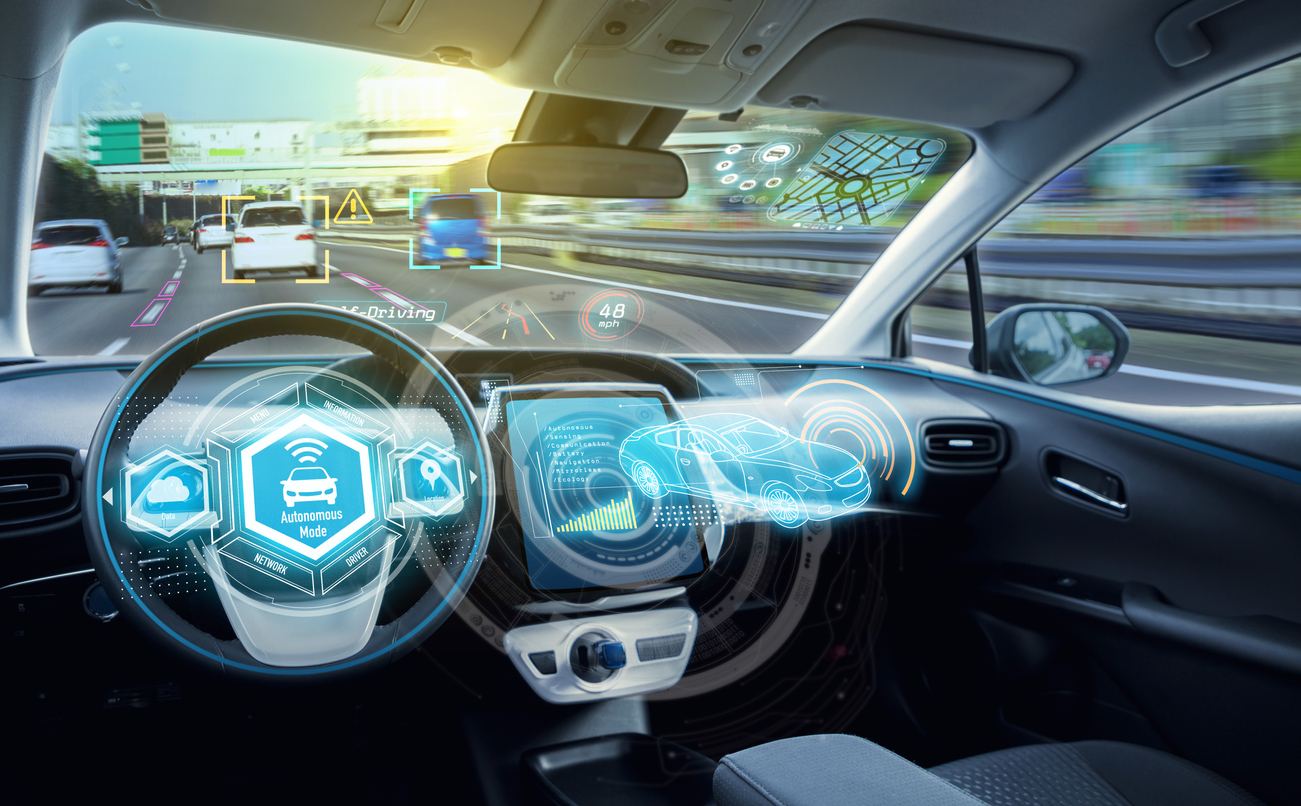Ford Unveils Plans for Road Safety Project

Ford has moved one step closer in its transition from automaker to a mobility company. It has recently partnered with Vivacity Labs, Oxfordshire County Council, and Loughborough University to develop a data-driven road safety tool. The tool was developed to help manage traffic. It analyzes information from connected vehicles, smart roadside sensors, and local data.
The study’s goal is safer roads. Understanding traffic patterns is crucial to that goal. These patterns include vehicle paths and speeds, vehicle interaction with cyclists and pedestrians, and how and when traffic hotspots develop.
Support and funding for the study are being provided by Transport for London, the British government innovation agency, Innovate UK, and the UK Department of Business, Energy, and Industrial Strategy. The 18-month study is currently underway in London.
Ford’s Study and The Technology Involved
Connected cars can communicate bi-directionally with sources of information outside the car itself. Connected car technology has been refined since General Motors first introduced its OnStar system in 1996. Communication between connected cars occurs through the internet using onboard sensors. Connected vehicles can “talk” to each other. They exchange information about all other vehicles in each car’s vicinity.
These cars can sense another car’s movement and speed even when the driver cannot. Sensing and anticipating a car’s movement makes it possible to avoid an accident. It is hoped that this technology will greatly reduce the number and severity of traffic accidents.
Ford’s London study includes 700 of these connected vehicles as well as roadway sensors designed and built by Vivacity Labs. Vivacity Labs specializes in traffic capture and classification. Information will be gathered from these connected cars and from smart sensors set up traffic areas in London.
Vivacity Labs sensors are based in Artificial Intelligence (AI) and can predict road safety based on live and historic data. These smart sensors use algorithms to detect movement. They gather and process information on near misses in traffic accidents between vehicles, pedestrians and cyclists. This information is used to predict traffic hotspots.
This information is then transmitted to the connected cars which can then be used by the drivers of those cars to make decisions. The study hopes to accurately predict road conditions and reduce accidents making roads safer for vehicles, pedestrians, cyclists, and motorcyclists.
Ford has conducted extensive research into connected cars. Its research shows an opportunity for connected vehicles to provide data. This research also shows that connected vehicles can use predictive analytics to help improve road safety.
Ford has outfitted the study’s passenger and commercial vehicles with plug-in computer components. The components gather information from the vehicles. The information includes speed, rate of acceleration, steering wheel angle, and brake application.
This study should allow communities to take preemptive action to help keep these hotspots safer. Communities can rethink procedures and intersection layouts to reduce traffic accidents and injuries.
A Necessary Step Towards Safety
The World Health Organization estimates that approximately 1.3 million people die each year on roadways. It is a staggering number. More than half of these fatalities involve pedestrians, cyclists and motorcyclists. Another 20-50 million people suffer non-fatal roadway accidents.
The WHO has requested that all governments address the problem in a holistic manner. This includes implementing many different types of changes. Changes should include safer infrastructure and road safety features as well as improving the safety features of vehicles.
The Future Includes Connected Vehicles
If this study is successful, soon all vehicles will have this type of informational system embedded in the vehicle’s system. This will enable all vehicles to be more connected to traffic conditions around them. This study is the third part of an ongoing effort between Ford and London officials to use predictive analysis to improve road safety.
Trends show that people are moving away from individual car ownership to other forms of transportation. Car share services, cycling, and micro-mobility tools such as scooters, are all on the rise. Rather than fight this trend, companies such as Ford, are changing their vision. Ford seeks to invest in mobility services that will provide ways for cities to balance the needs of a more diverse set of users on roadways. Food is also investing in Go-Bikes, a bike-sharing service, now up and running in several larger cities.
Communities must find ways to keep these diverse users safer while continuing to facilitate healthy traffic patterns. If successful, this experiment will provide information that will allow cities another tool to fulfill both goals. We can expect that “smart” cars will follow in the footsteps of smartphones as ready tools to negotiate a rapidly changing world.
Do you have questions about road safety in your city?, Contact us and we’ll get back to you.
